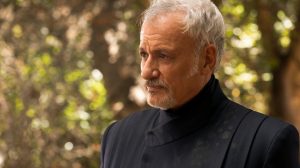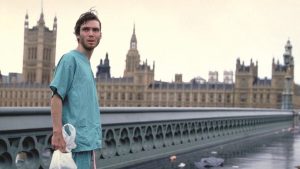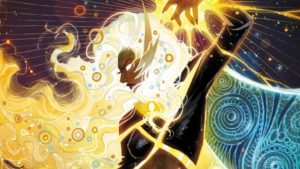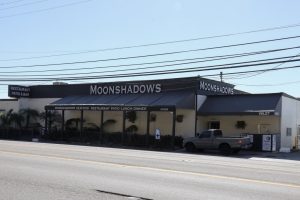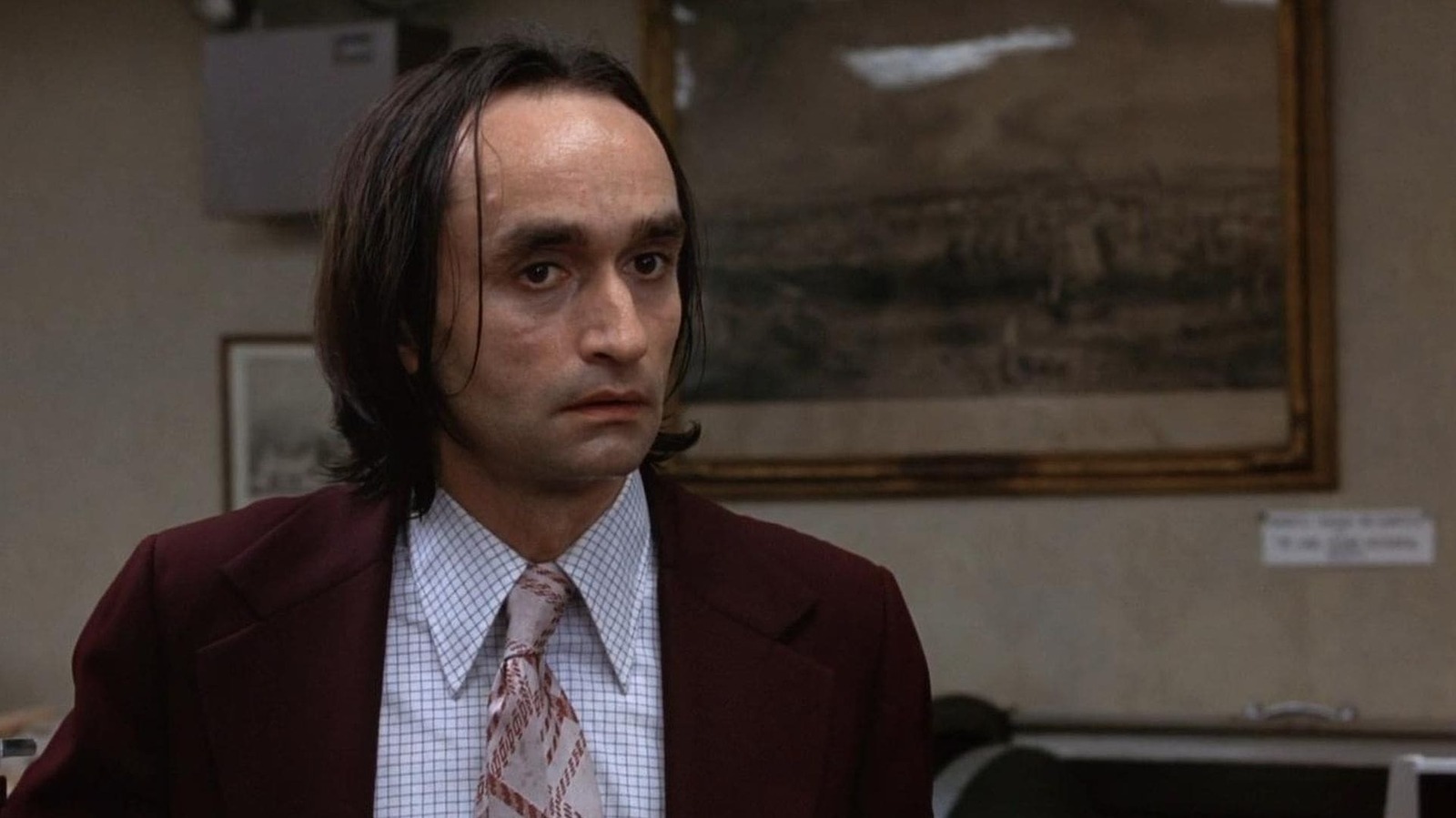
All 5 John Cazale Movies Ranked
Actor John Cazale stands out not just for his remarkable acting abilities but also for boasting an extraordinary filmography, especially considering the brevity of his career. Cazale, a seasoned theater performer, tragically graced the screen in only five feature films before his premature death from lung cancer in 1978 at age 42. Those five films, however, are widely celebrated as some of the greatest and most influential works of the 1970s—a remarkable accomplishment in its own right. His film appearances span three iconic Francis Ford Coppola films: “The Godfather,” “The Godfather Part II,” and “The Conversation.” He also starred in Sidney Lumet’s compelling bank heist drama “Dog Day Afternoon” and Michael Cimino’s intense war film “The Deer Hunter.” Notably, Cazale played supporting roles in all of these films, each of which received nominations for Best Picture at the Academy Awards, with three ultimately winning.
While his film career was brief, it was only a fragment of his extensive acting journey. Cazale was known for being private and reserved; he made his stage debut in a 1962 production of the play “J.B.” and was involved in several off-Broadway productions, including “Spoon River Anthology,” “The Iceman Cometh,” and a role in Shakespeare’s “Measure for Measure” as Angelo. In 1977, he was set to make his Broadway debut as Agamemnon in Aeschylus’ “Oresteia” trilogy but had to withdraw after his first preview due to health issues, as he received his cancer diagnosis shortly afterward.
Cazale’s performances resonate with tragedy, highlighting the profound talent and commanding presence he possessed on screen. Had he remained healthy, it’s reasonable to speculate that Cazale would have continued delivering remarkable performances under the direction of visionary filmmakers. In light of that, here is a ranking of Cazale’s five movies that may spark some debate.
5. The Deer Hunter (1978)
In Michael Cimino’s profound Vietnam War drama “The Deer Hunter,” audiences encounter a somber portrayal of PTSD and its far-reaching effects. The film centers on a tight-knit group of friends from a Slavic community in Pennsylvania who are drafted into the war in 1968. Robert De Niro portrays Mike Vronsky, a more reserved character, while Christopher Walken won an Oscar for his role as Nick, Mike’s best friend, who struggles openly with post-war trauma. The harrowing experiences these characters endure include captivity by the Viet Cong and forced games of Russian Roulette, though they manage to escape. During filming, Cazale had already been diagnosed with terminal cancer, leading De Niro and co-star Meryl Streep—who was dating Cazale at the time—to advocate for his role. Cazale’s insurance was a concern, so De Niro covered it out of friendship. Unfortunately, Cazale passed away before the film’s release. “The Deer Hunter” ranks fifth largely due to its slow pacing; while the themes of war trauma are impactful, Cimino’s lengthy opening wedding sequence feels disjointed from the subsequent tragedy.
4. The Godfather (1972)
Ranking Francis Ford Coppola’s timeless classic “The Godfather” as fourth on any list may seem controversial, yet it speaks to the caliber of Cazale’s filmography. In “The Godfather,” Cazale plays Fredo Corleone, the middle son of Mafia Don Vito Corleone (Marlon Brando). The movie primarily follows Michael Corleone (Al Pacino), the youngest son, who transitions from disdain for the family business to ultimately embracing his role within it. Fredo, in contrast, embodies a somewhat weaker character, marked by a lack of leadership skills; he serves as an underwhelming option within the family dynamic. This Shakespearean tragedy reflects the qualities that make each character compelling. Fredo’s journey transcends mere sibling rivalry as revealed in “The Godfather Part II.”
3. The Godfather Part II (1974)
In “The Godfather Part II,” Michael Corleone tightens his grip on power, willing to eliminate threats to his criminal empire, including Fredo, who ultimately betrays him. Many cinephiles regard this sequel more favorably than the original, thanks to its dual narrative structure; it chronicles Michael’s moral decline while simultaneously depicting a younger Vito Corleone (played by Robert De Niro) navigating immigrant struggles and crime in America. The film intricately weaves themes of ambition, survival, and moral complexity, illustrating how the harsh realities of life can lead to tyranny under the guise of strength.
2. The Conversation (1974)
Francis Ford Coppola’s “The Conversation,” released in the same year as “The Godfather Part II,” focuses on Harry Caul (Gene Hackman), a surveillance expert whose obsession with his work ultimately disrupts his personal life. Caul’s intense listening skills come at a cost, leading him into moral dilemmas upon discovering the implications of his recordings. Cazale’s character Stan serves as a foil to Caul, showcasing a more grounded approach that suggests the possibility of a normal existence amid the chaos of their work. The film critiques modern surveillance and the ethical quandaries it entails, all while highlighting the disconnect between technical prowess and human connection.
- Dog Day Afternoon (1975)
Topping this list is Sidney Lumet’s gripping 1975 film “Dog Day Afternoon.” This audacious bank heist movie captivates with its portrayal of unprofessional thieves whose plan spirals into a public spectacle. Al Pacino’s character, Sonny Wortzik, embarks on the robbery to fund gender reassignment surgery for his girlfriend, prompting a Series of intense events. Cazale plays Sal, an unpredictable character ready to resort to violence if necessary, adding layers of tension to the narrative. Based on true events, “Dog Day Afternoon” melds themes of queerness, media sensationalism, and social commentary, featuring resonant moments like Sonny’s rallying cry for justice. As one of the defining films of the 1970s, it cements itself as the crowning achievement in Cazale’s remarkable body of work.
